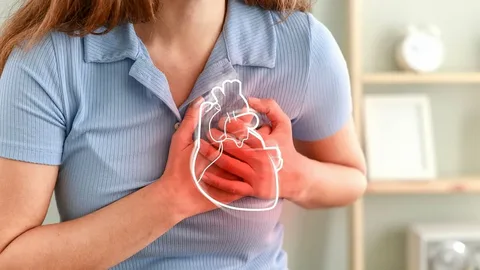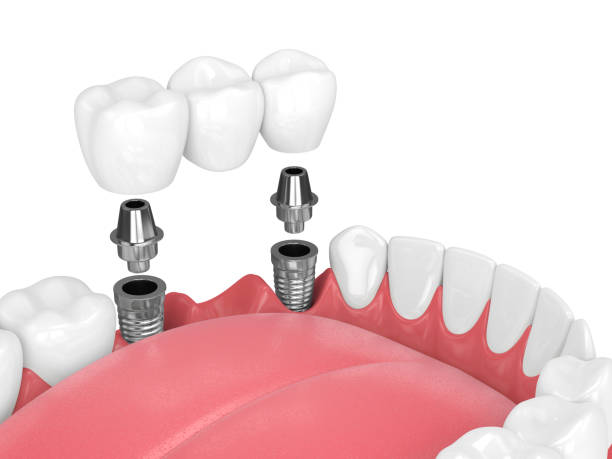Table of Contents
ToggleIntroduction
Am I Having a Heart Attack Female Quiz? Heart disease is often thought of as a “man’s disease,” but the reality is very different. According to the American Heart Association, heart disease remains the leading cause of death among women. Unfortunately, women often experience different heart attack symptoms than men, which can make early detection more challenging.
This is where tools like the “Am I Having a Heart Attack Female Quiz” can be helpful. Such a quiz is not a diagnostic tool, but it helps women identify warning signs and prompts them to seek medical help when needed. In this blog, we will explore the purpose of this quiz, common female heart attack symptoms, risk factors, and why timely action is critical.
Why a Female-Specific Heart Attack Quiz Matters
Most people associate heart attacks with chest pain and shortness of breath. While these are classic symptoms, many women experience less obvious or “silent” symptoms. These can include fatigue, nausea, dizziness, or discomfort in areas like the neck, jaw, or back.
Because women’s symptoms are often overlooked or mistaken for stress, indigestion, or hormonal issues, a Am I Having a Heart Attack Female Quiz ? raises awareness and helps women take their symptoms seriously.
Common Heart Attack Symptoms in Women
If you’re wondering what the quiz might highlight, here are the most frequent symptoms women report:
-
Chest pain or pressure (though often milder than in men)
-
Unusual fatigue that doesn’t improve with rest
-
Shortness of breath, even during light activity
-
Nausea or vomiting without other clear cause
-
Dizziness or lightheadedness
-
Pain in the jaw, neck, shoulders, or upper back
-
Indigestion or heartburn-like feeling
-
Cold sweats
Recognizing these symptoms early can literally be the difference between life and death.
What the “Am I Having a Heart Attack Female Quiz” Might Ask
A typical online quiz designed to assess heart attack risk in women will include questions like:
-
Are you experiencing chest pressure, tightness, or discomfort?
-
Do you feel sudden shortness of breath, even when resting?
-
Have you noticed unexplained fatigue lasting for days or weeks?
-
Are you feeling nausea, vomiting, or flu-like symptoms?
-
Do you have pain in your jaw, neck, or upper back?
-
Are you breaking out in cold sweats without exertion?
-
Do you have a history of high blood pressure, diabetes, or high cholesterol?
-
Does heart disease run in your family?
The quiz results usually advise whether your symptoms may suggest a heart attack and if you should seek emergency care immediately.
Risk Factors for Heart Attacks in Women
While anyone can have a heart attack, certain factors increase the risk for women. These include:
-
High blood pressure
-
High cholesterol
-
Diabetes
-
Obesity
-
Smoking
-
Sedentary lifestyle
-
Stress and depression
-
Family history of heart disease
-
Post-menopause hormonal changes
Knowing your risk factors helps you take preventive action.
Why Women Often Miss the Signs
There are several reasons why women are more likely to miss or dismiss heart attack symptoms:
-
Symptoms can be subtle – fatigue or nausea may not feel urgent.
-
Confusion with other conditions – indigestion, stress, or anxiety often mimic heart attack signs.
-
Delayed response – women are more likely than men to delay going to the ER because they don’t believe it’s a heart attack.
This delay in seeking treatment can lead to worse outcomes.
What to Do if You Think You’re Having a Heart Attack
If you’re taking the quiz and your symptoms match possible heart attack signs, here’s what you must do:
-
Call emergency services immediately (e.g., 911 in the U.S.).
-
Chew an aspirin (if advised by a doctor previously) to help thin the blood.
-
Rest in a comfortable position while waiting for help.
-
Do not drive yourself—wait for an ambulance.
Time is crucial. The sooner treatment begins, the better the chances of survival and recovery.
Preventive Steps for Women’s Heart Health
Even if your quiz results do not indicate an immediate heart attack, prevention is key. Here are steps every woman should take to reduce risk:
-
Exercise regularly (at least 150 minutes of moderate activity weekly).
-
Eat a heart-healthy diet rich in vegetables, fruits, whole grains, and lean protein.
-
Quit smoking if you smoke.
-
Limit alcohol intake.
-
Manage stress with mindfulness, yoga, or relaxation techniques.
-
Get regular checkups to monitor blood pressure, cholesterol, and blood sugar.
-
Know your family history to assess personal risk.
The Role of Quizzes in Awareness
Online quizzes like “Am I Having a Heart Attack Female Quiz” should never replace professional medical advice. However, they are valuable for raising awareness and encouraging women to listen to their bodies. Many women ignore symptoms until it’s too late. A quiz acts as a wake-up call and pushes them to take action when needed.
Conclusion
Heart disease in women is often underdiagnosed, undertreated, and misunderstood. The Am I Having a Heart Attack Female Quiz ? is an important tool that helps women recognize their unique symptoms and act quickly. Remember, no quiz can replace a doctor’s evaluation, but it can prompt life-saving decisions.
If you ever suspect you are having a heart attack, don’t wait—call emergency services immediately. Your health and life are too important to ignore.
By spreading awareness, we can empower more women to take heart health seriously and save lives through early detection and timely action.







0 Comments